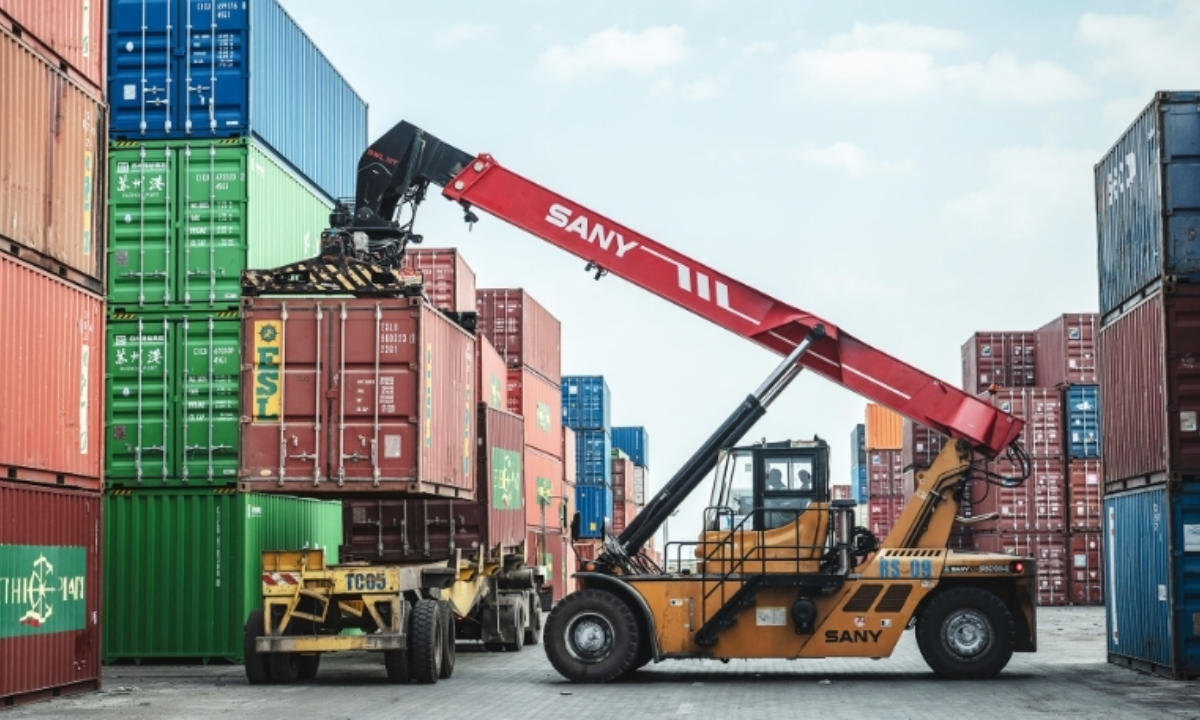Mogadishu, Somalia (AQRI.net) — The critical trade route between Djibouti and Ethiopia is facing severe disruptions following a series of Houthi attacks in the Red Sea. These attacks have heightened security concerns, prompting shipping companies to switch to smaller vessels for transporting containers to Djibouti, the primary port of entry for goods heading to Ethiopia. The logistical shift has caused significant delays, setting back crucial infrastructure and development projects in Ethiopia.
Impact on Regional Trade and Development
Djibouti’s port, a strategic hub for Ethiopia’s landlocked economy, handles the vast majority of its imports, including construction materials and essential goods. The shift to smaller vessels, while aimed at minimizing risk, has significantly slowed the supply chain, creating a bottleneck that affects everything from consumer goods to major development initiatives.
Economist Ahmed Yusuf explained, “The disruption in the Djibouti-Addis trade route is a severe blow to Ethiopia’s economic momentum. Delays in shipping not only inflate costs but also derail timelines for vital projects.”
Key Projects Face Delays
Ethiopia’s ambitious infrastructure projects, including road construction and industrial park developments, have been hit hardest by the delays. Some contractors have reported weeks-long waits for essential materials, putting timelines and budgets under significant strain.
Business owner Mulugeta Tekle, who imports machinery for Ethiopia’s burgeoning manufacturing sector, described the impact: “These delays are a nightmare. We’re losing time and money while critical equipment is stuck at sea.”
Escalating Security Concerns
The Houthi attacks in the Red Sea highlight the growing risk of regional instability spilling into global trade routes. Shipping companies are now being forced to weigh the risks of traversing the Red Sea against the operational inefficiencies of using alternative routes or smaller vessels.
Maritime security expert Fatima Abdullahi told AQRI.net, “The Red Sea is a critical artery for global trade, and any disruption has far-reaching consequences. These attacks are not only a threat to regional stability but also to the international supply chain.”
Regional Response
Authorities in Djibouti and Ethiopia are coordinating efforts to mitigate the crisis. However, without a resolution to the security threats in the Red Sea, experts warn that the disruptions could become a long-term issue, further hampering Ethiopia’s economic recovery and development ambitions.
The ongoing security crisis in the Red Sea underscores the vulnerability of critical trade routes in the Horn of Africa. As Ethiopia grapples with the ripple effects of these disruptions, the region faces mounting pressure to find lasting solutions to safeguard its economic lifelines.
